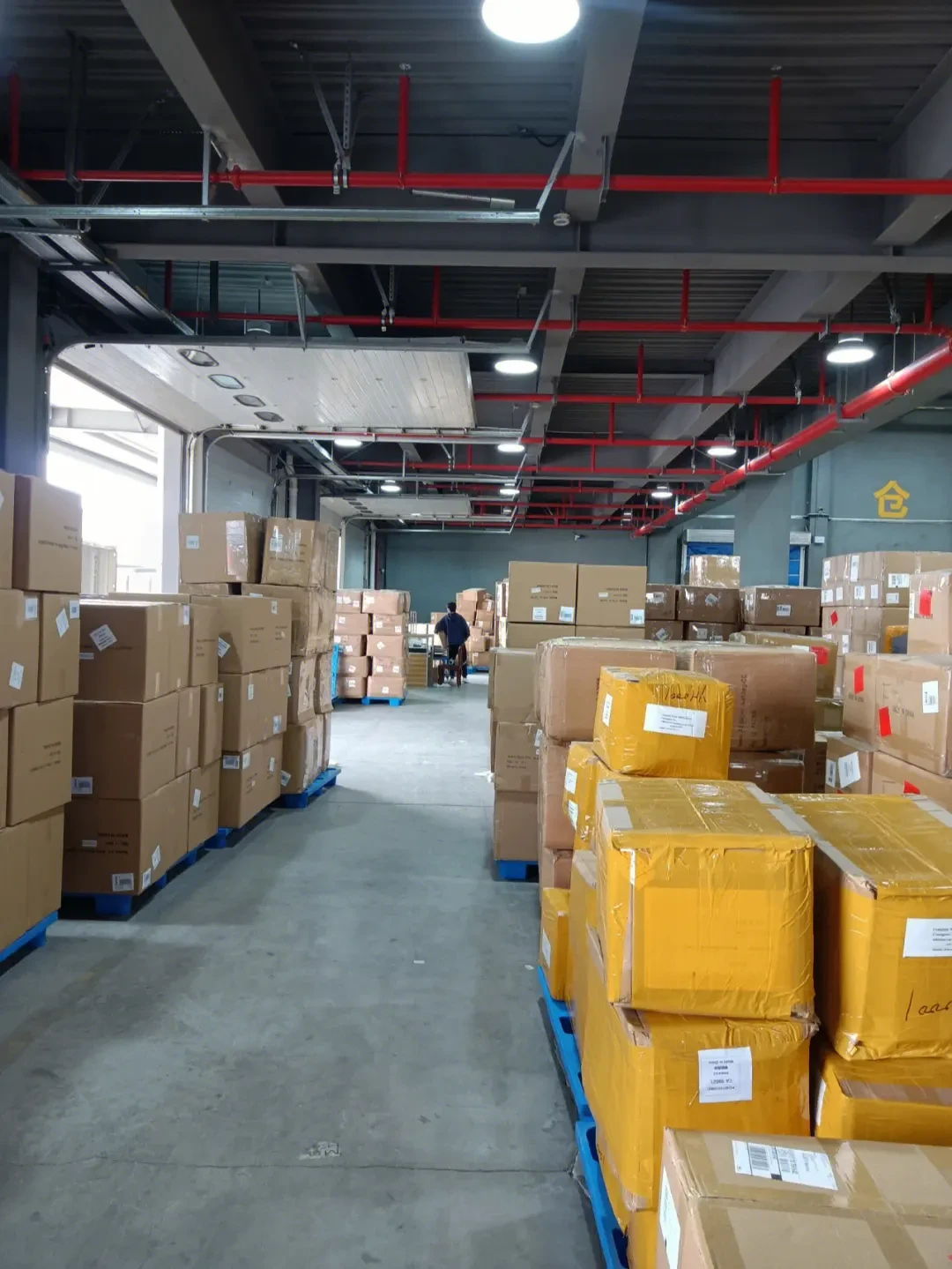Chemical Dosing for Chilled Water Systems
Chilled water systems are essential components in modern HVAC (Heating, Ventilation, and Air Conditioning) systems, providing efficient cooling solutions for commercial and industrial buildings. Maintaining optimal performance and longevity of these systems is crucial, and one effective approach is through chemical dosing. This article will discuss the importance of chemical dosing, the types of chemicals used, and best practices for implementing a successful dosing program in chilled water systems.
Importance of Chemical Dosing
Chemical dosing in chilled water systems primarily aims to prevent corrosion, scaling, and microbial growth. Over time, untreated or inadequately treated water can lead to several detrimental effects on the system's efficiency and reliability. For instance, corrosion can cause leaks and failures in the piping and components, while scaling can reduce heat transfer efficiency, resulting in increased energy consumption and higher operational costs.
Moreover, the presence of biological contaminants, such as bacteria and algae, can lead to fouling of heat exchangers and other components. This fouling not only reduces the efficiency of the cooling system but can also pose serious health risks if left uncontrolled. Therefore, a proper chemical dosing regimen is essential for maintaining system performance, reducing maintenance costs, and ensuring the longevity of equipment.
Types of Chemicals Used
There are several categories of chemicals commonly used in the chemical dosing of chilled water systems
1. Corrosion Inhibitors These chemicals, such as phosphates, nitrites, and azoles, form a protective coating on metal surfaces, preventing corrosion from occurring. Choosing the right corrosion inhibitor depends on the type of metals used in the system and the water chemistry.
2. Scale Inhibitors To combat scaling, chemicals such as polyphosphates or organophosphonates are utilized. These compounds work by controlling the formation of mineral deposits, thereby preserving the efficiency of heat exchangers and pipes.
chemical dosing for chilled water system

3. Biocides Biocides, including chlorine, bromine, and quaternary ammonium compounds, are deployed to control microbial growth in chilled water systems. Regular dosing of these chemicals is critical, especially in systems prone to algal blooms or bacterial infections.
4. pH Adjusters Maintaining the proper pH level is vital in preventing equipment damage and optimizing the performance of corrosion and scale inhibitors. Acids (like sulfuric or hydrochloric acid) or alkalis (like sodium hydroxide) may be used to regulate pH levels.
Best Practices for Implementation
1. Water Quality Analysis Before implementing a chemical dosing strategy, it’s important to conduct a thorough analysis of the chilled water. This analysis should include assessment of pH, conductivity, total dissolved solids (TDS), and levels of specific ions like calcium and chloride.
2. Proper Dosing Equipment The use of precise and reliable dosing equipment is crucial for ensuring the correct chemical concentrations are maintained in the system. Automated dosing pumps with monitoring systems can help maintain consistent dosing rates based on real-time water quality data.
3. Regular Monitoring and Maintenance A successful chemical dosing program requires regular monitoring of system parameters and chemical levels. Implementing a schedule for routine checks not only helps in identifying potential issues early but also ensures that the dosing strategy remains effective.
4. Training and Documentation Ensure that personnel involved in the operation and maintenance of chilled water systems are adequately trained in chemical handling and dosing practices. Maintaining detailed records of chemical use, water quality tests, and system performance can provide valuable insights for future adjustments and improvements.
Conclusion
Chemical dosing is a vital practice in the management of chilled water systems that ensures operational efficiency, extends equipment lifespan, and mitigates risks related to corrosion, scaling, and microbial growth. By employing the right chemicals, adhering to best practices, and maintaining robust monitoring protocols, facility managers can optimize the performance of their chilled water systems, leading to substantial energy savings and reduced maintenance costs. As technology continues to evolve, advancements in chemical dosing strategies will contribute significantly to the sustainability and efficiency of HVAC systems in a variety of environments.

